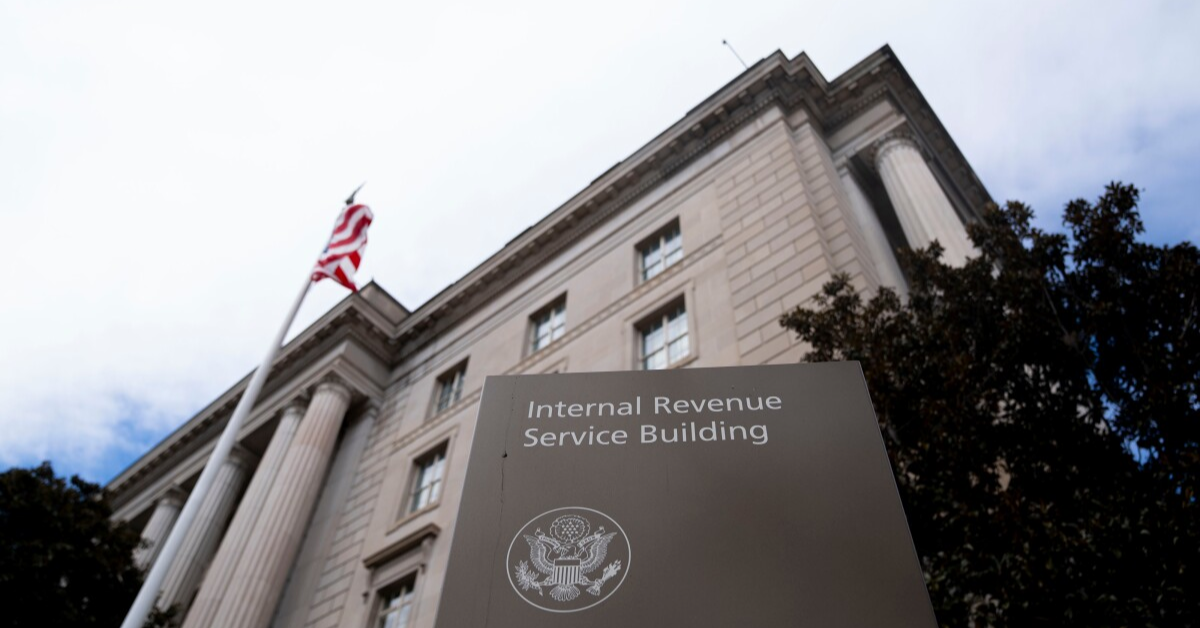
Many people dreaming of easy tax refunds are falling victim to false promises spread across social media. These claims often advertise quick and large tax credits with little effort, attracting young and inexperienced taxpayers. Unfortunately, such misleading posts lead to serious trouble with the IRS, including penalties and audits.
With tax season approaching, it’s important to understand how the IRS is cracking down on fraudulent tax credit claims promoted online. This article explains what these false claims involve, why they are risky, and how to avoid falling into these traps promoted as “easy refunds.”
Why Are False Tax Credit Claims Popular on Social Media?
Social media platforms like Facebook, Instagram, and TikTok have become a hotspot for promoting tax-related tips and hacks. Many posts boast guaranteed large refunds by claiming tax credits that a person may not actually qualify for. These often come with slogans like “Get your biggest refund fast” or “Easy money with tax credits.”
Younger taxpayers, including many Indians living in the US temporarily or permanently, might be especially vulnerable because they are still learning about the complex American tax system. The appeal of quick money without understanding the detailed tax laws leads many to trust these misleading posts.
IRS’s Actions Against False Tax Credit Promotions
The IRS has recently increased its efforts to penalize false tax credit claims advertised on social media. According to the IRS official statement, these posts often promote credits not earned and can result in significant fines and legal action.
The government agency uses advanced technology to track these fraudulent promotions and works with social media companies to take down misleading posts. Furthermore, taxpayers found submitting false claims risk audit, penalty, and even criminal charges for tax fraud.
Common False Tax Credits Promoted Online
Some of the most commonly falsely promised tax credits include:
- Earned Income Tax Credit (EITC) – A legitimate credit often misrepresented as easily claimable without meeting income or work requirements.
- Child Tax Credit – False claims about credits for dependents that may not qualify under IRS rules.
- Recovery Rebate Credit – Sometimes exaggerated for stimulus payments that do not apply to everyone.
The IRS emphasizes that a proper understanding of eligibility, income limits, and documentation is necessary before claiming any credit. Always refer to the official IRS credits and deductions page for accurate information.
How to Protect Yourself from These Scams
Instead of trusting social media ads, taxpayers should:
- Use official IRS resources or consult certified tax professionals for guidance.
- Check the validity of tax credits you intend to claim by visiting IRS.gov.
- Avoid sharing your personal financial information with unverified sources promising easy refunds.
- Be cautious of any claim that sounds “too good to be true.”
Learning about tax rights and obligations is the best defense against scams that target young or inexperienced taxpayers.
What Happens if You Claim False Tax Credits?
The consequences of submitting false tax credit claims can be severe. The IRS may:
- Impose penalties and interest on the amount falsely claimed.
- Conduct audits and require detailed income and expense documents.
- File criminal charges in cases of intentional fraud, leading to possible imprisonment.
The IRS’s crackdown on misleading social media posts signals a broader effort to maintain fairness in the tax system and protect honest taxpayers.
Conclusion: Stay Informed and Be Careful with Tax Credit Claims
While social media can be a useful tool to learn about taxes, relying on suspicious posts promoting easy refunds is risky. The IRS is actively penalizing false tax credit claims promoted via such channels. Always verify your tax information from trustworthy sources and seek professional help if you’re unsure.
By staying informed and cautious, taxpayers can avoid penalties and ensure their tax filings are honest and accurate. For anyone living in the US, including Indian residents and citizens, understanding your tax credits well and knowing the risks of false claims is essential to avoid trouble with the IRS.









